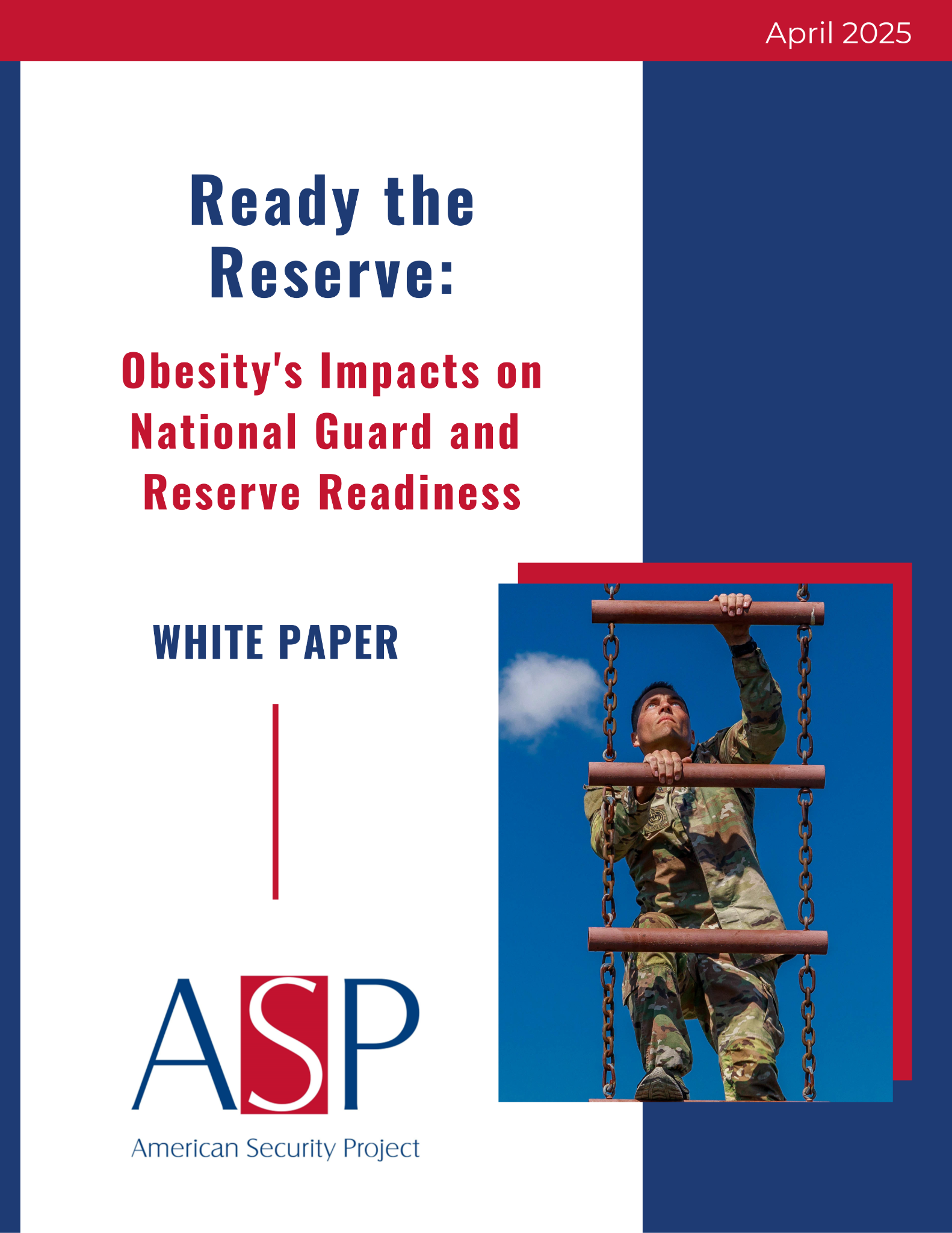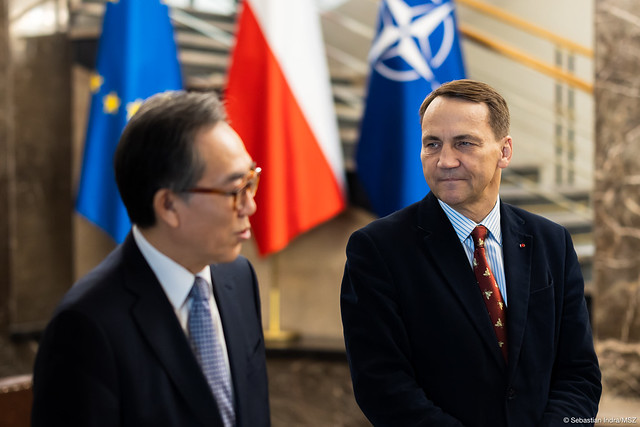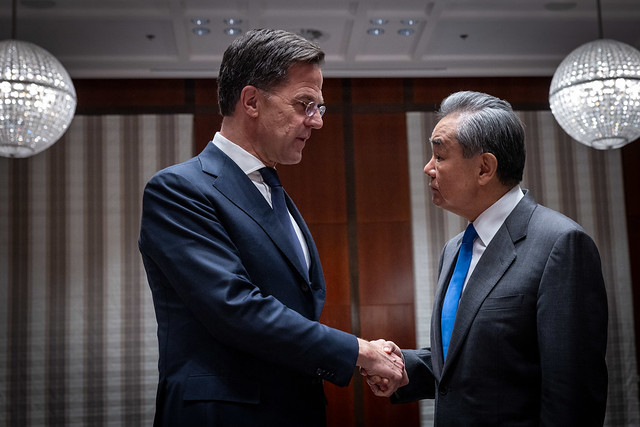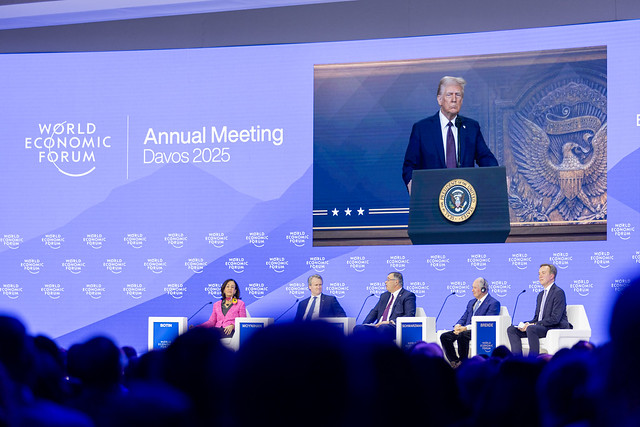During a period of rising global tensions and increasing operational demands on the U.S. military, high rates of obesity in the National Guard and reserves threaten reserve component recruitment, retention, and readiness. Read more...


During a period of rising global tensions and increasing operational demands on the U.S. military, high rates of obesity in the National Guard and reserves threaten reserve component recruitment, retention, and readiness. Read more...

The Trump administration has focused on rare earth elements due to global dependence on China's supply, but should prioritize building relationships with other countries known to possess significant mineral deposits. Read more...

With tensions and mistrust between the United States and other NATO members at an all-time high, leaders across the world are scrambling to develop security strategies that do not depend on the United States, including at the nuclear level.Read more...

As the second Trump Administration moves to assert greater control over independent regulatory agencies , its changes have drawn concerns about the future of the Privacy and Civil Liberties Oversight Board (PCLOB), a key component in the U.S.-EU Data Privacy Framework (DPF).Read more...

In his second inaugural address, President Donald J. Trump proclaimed, “America will reclaim its rightful place as the greatest, most powerful, most respected nation on earth, inspiring the awe and admiration of the entire world.” While this may be the president’s stated intent, the actions thus far undertaken in pursuit of this goal are completely counterproductive.Read more...

As geopolitical Arctic competition intensifies amid climate change, rising commercial and military activity highlights the urgent need for a NATO Arctic defense strategy.Read more...

Undersea data cables carry 99% of global data traffic but remain highly vulnerable to sabotage, espionage, and cyber threats. As China expands its control over this infrastructure, U.S. national security is at risk. Without stronger monitoring, intelligence sharing, and security frameworks, these weaknesses will continue to be exploited—threatening the integrity of global communications.Read more...

Donald Trump’s “iron-fist” approach to foreign policy is shaking the world order, but this stark contrast in U.S. foreign policy is not whipping world leaders into shape as he predicted. Instead, it is ushering in U.S. isolation in security and economic spheres, and encouraging greater Chinese relations with U.S. allies.Read more...

ASP held an online webinar discussing the opportunities and challenges at the intersection of U.S. liquified natural gas (LNG) and international security.Read more...

Donald Trump’s special envoy to Ukraine and Russia, retired Lieutenant General Keith Kellogg, previously said that if the OPEC could get the price of oil to $45 per barrel, it could financially weaken Russia enough that the United States and Ukraine can enter negotiations from a position of strength—an idea later echoed by Secretary of Defense Pete Hegseth. But is this realistic?Read more...
Notifications